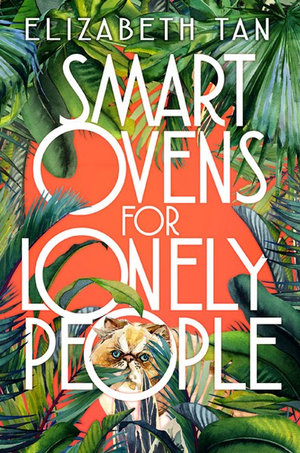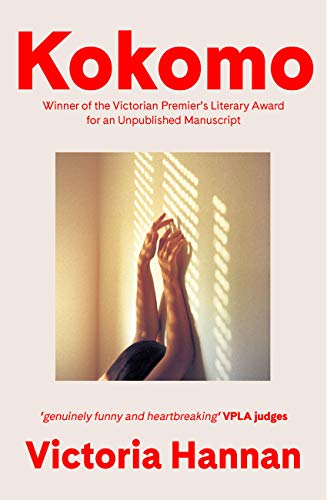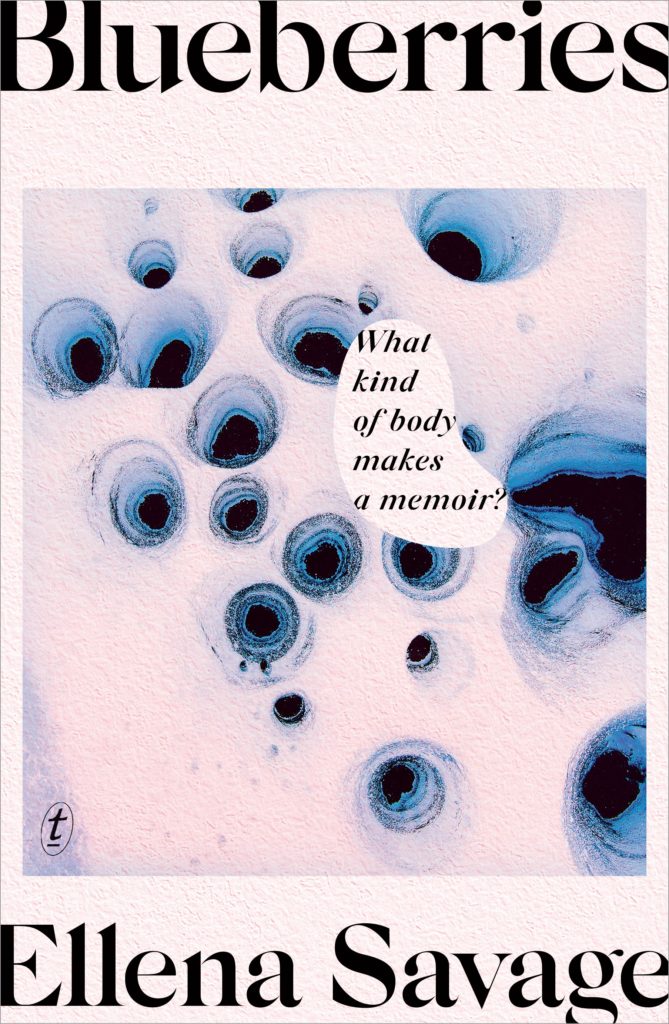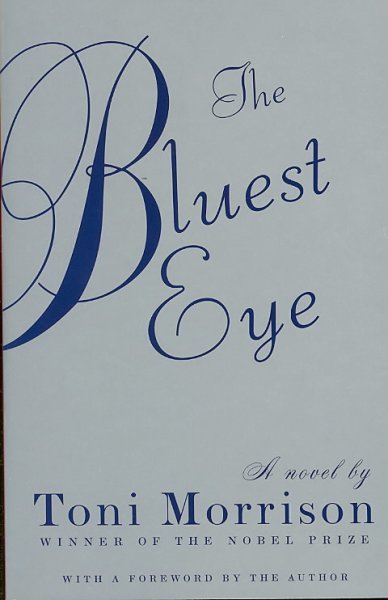Smart Ovens for Lonely People by Elizabeth Tan
Ashley Kalagian Blunt, Senior Program Officer

Australian author Elizabeth Tan’s second short story collection, Smart Ovens for Lonely People, is full of humorous and poignant stories laced with pop-culture references and techno-slang, and set in an uncertain dystopian future or surrealities. Tan’s comedy leaps out from story titles such as ‘Shirt Dresses that Look a Little Too Much Like Shirts so that It Looks Like You Forgot to Put on Pants (Love Will Save the Day)’ and ‘Happy Smiling Underwear Girls Party’. This belies their cutting emotional depths, the varieties of loneliness depicted, and the incisive exploration of technology’s ability to isolate us while keeping us evermore connected. The book, which came out earlier this year, won the 2020 Readings Prize for New Fiction.
Kokomo by Victoria Hannan
Claire Thompson, Program Officer

Kokomo by Victoria Hannan was such an interesting read. Mina is living in London working in advertising, when she receives a phone call from her best friend to say her mother, Elaine, has left the house for the first time in twelve years. Mina returns home to Melbourne, and is forced to face everything she had moved to London to get away from. Mina reconnects with an old school friend and an ex-boyfriend, and in the process, learns things about life and love, and realises how different her future turned out to the one she had planned in high school. The second half of the novel is told from Elaine’s point of view, as she reflects on her early married years, and there’s dramatic irony in the reader finding out Elaine’s secrets before Mina. The novel is beautifully written, with authenticity and honesty, it’s no wonder Hannan won the Victorian Premier’s Unpublished Manuscript Award in 2019 for Kokomo. Kokomo is a real coming-of-age novel for millennials, there were so many relatable moments. Would definitely recommend!
Blueberries by Ellena Savage
Sarah Mott, Project and Communications Officer

I usually struggle to read non-fiction without having to dip in and out between other fiction books – I guess it’s a testament to my hopeless attention span when confronted with anything that doesn’t have a strong narrative to keep me hooked. I gorged on Ellena Savage’s debut collection Blueberries though, finishing it in under a week and starting again on my favourite essays in the book to prolong the experience.
It’s smart, aware and funny while tackling tough issues of sexual abuse, class, memory, privilege and the life of an artist. Each essay blends critical theory and personal reflection, while pushing the boundaries of the form enough to keep each page fresh and challenging.
The Bluest Eye by Toni Morrison
Lou Garcia-Dolnik, Membership and Administration Officer

I’ve just finished The Bluest Eye by Toni Morrison for a course I’m taking at university. Writing about it is bittersweet—if, hypothetically, I could go back in time and freeze my (re)reading of that novel in an hour-long loop I would choose to return to those last pages before the end, spine cracked and unreturnable, mug half-full with tea on the side table. This is decidedly impossible: the work is done and I’ll never have the experience of reading it with new eyes again. That’s for someone else now.
In Lorain, Ohio, Pecola Breedlove is despised for her ‘ugliness’, contemptible and unloved. When her father returns home drunk and her mother brings upon herself to exact his penance for the vicissitudes of fate and fortune, parts of Pecola’s body fade away, her chest and neck, and eventually her face. More than anything, she wishes for a pair of bright blue eyes, brighter and bluer than the white girls in school, so bright she could stare at the sun.
Pecola’s ending is not a happy one. The consequence of generations of unloving, the novel moves through the histories that make her as damned as she is alive: Cholly Breedlove’s assault, Polly Breedlove’s unmet dreams, the family’s shame and dereliction in homelessness.
It’s difficult to say anything new about Morrison without erring on the side of cliché. Her prose is so sublime I hesitate to call it prose—was this 204 pages of poetry?—her lyricism as acute and stinging at the very start of her career as it was at the end (this was her first novel, after which would follow Sula, Song of Solomon, Tar Baby and Beloved). This is, however, my favourite of her novels that I’ve had the blessing of reading.
Sarah has also just given me her copy of Blueberries, so I’m really excited to crack into that shortly. I think I’ll leave some time to say goodbye to Morrison before I do.
*
More from Writing NSW
Check out our full range of in-person writing courses in Sydney, our online writing courses and our feedback programs to see how we can help you on your writing journey. Find out about our grants and prizes, as well as writing groups across NSW, and sign up to our weekly newsletter for writing events, opportunities and giveaways.
